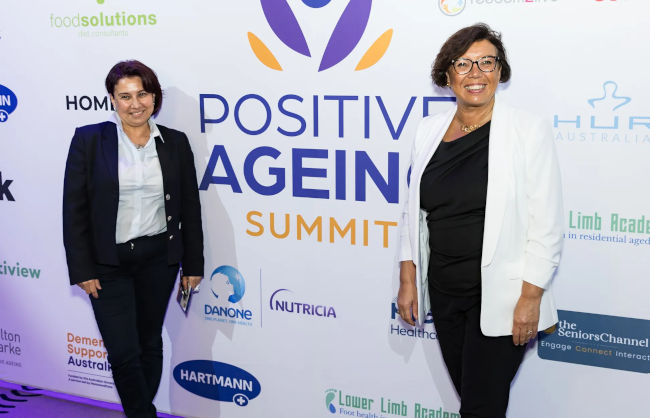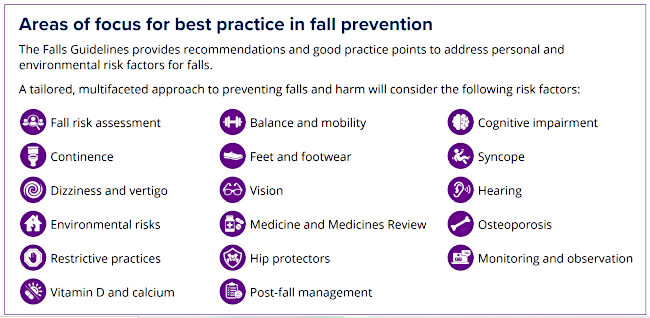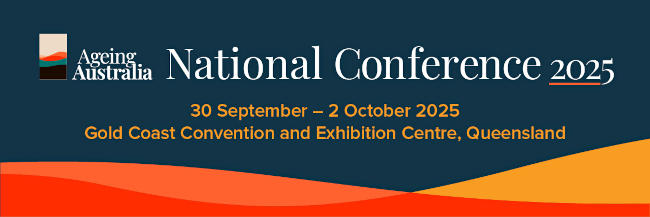As we pass midyear and enjoy midwinter, it might be good to sit down, and reflect on the visons and goals that we set in the beginning of the year; are we getting any closer to what we were hoping to see, or has there been any setbacks? Should we reset the goals or maybe look for other strategies to reach our goals?

In the beginning of the year, I set the theme of the year to be Positive Ageing. In the first blog of the year, I discussed some great articles about the best principles on exercise prescription to reach the best health, while avoiding disease, and slowing down ageing. The timing of this consensus paper was perfect – the first of January publication date set the perfect start for the year verifying that there is so much knowledge on how we can live in order to maximise our healthspan and add life to our years, rather than just years to our life.
The inaugural Positive Ageing Summit, held in Adelaide in May, was a great conference that gathered so many researchers, clinicians, advocates and decision makers, to describe the key concepts leading to positive experiences while ageing, supporting holistic health and wellbeing to everyone. It truly was a great experience with so many great presentations. Allied health was highlighted by so many, and the best models were discussed, getting everyone ready for the new aged care funding model, that put allied health services in the centre.

The government announced the delay on June 4, 2025
Until the announcement came. In the middle of the Victorian conference for Ageing Australia in early June, the government announced that the new funding tool would be delayed. After so many delays in the launch of the Aged Care Reform and the new funding tool, not everyone was happy. Many providers were ready for the change and were looking forward to the change. Now we were rather in a situation where we yet again cannot be assured that the flaws in care will be improved, the promise for better care was broken again. The additional four month wait can be useful, if people use the time wisely, preparing even better, but will the time be spent well?
Less than a month before the announcement Australia had gained a new Aged Care minister, with Victoria’s Sam Rae taking the position of Federal Minister for Aged Care and Seniors, looking after the Health, Disability and Ageing portfolio. The new aged care minister is taking his role seriously. At the end of July he released Aged Care Rules 2025, also explained in this media release from the government.
In this release Sam Rae states: “We’re getting on with the job of delivering generational change to make sure every older Australian can live with the best care, dignity and support. ”The release of the Rules is another meaningful step towards a new rights-based Aged Care Act that delivers the dignified care older Australians deserve.” We’ve released the Rules 3 months before the new Act comes into force, giving providers time to implement new systems and processes, and train workers to deliver the best care to our loved ones.”

Whilst another delay in the funding change flattened the positive feeling, it was great to see positivity and trust for better future and services at the National Retirement Summit.
During the summit Southern Cross Care Inc. (SA, NT, Vic) (SCC) CEO David Moran was inducted as a Retirement Living Council Honorary Life Member. In an earlier interview he commented on the importance of active ageing, towards better health and wellbeing, whilst reflecting the changes in the aged care space. “Australia – including aged care providers – needs to get serious about health literacy”, states David.
“As we continue through a period of aged care reform there are many challenges facing our sector, but by sharing practical examples of health promotion, allied health and reablement in action we can take positive steps towards addressing some of these challenges.”
Hurdles exist, but the overall feel of the retirement living summit was positivity and excitement about what lies ahead. We know what the Pillars of Ageing Well are, great success stories on facilities and culture exist. By sharing the stories and collaborating, we can create a future where everyone can age well. My must keep up our mission for positive ageing and continue the spread of health literacy.
In May two of our old friends that have been spending decades researching the benefits of strength training for health and wellness, Dr Justin Keogh and Dr Tim Henwood, started a new podcast, “Stronger Through the Age”. The purpose of this podcast is to spread the knowledge on the many benefits of exercise for older adults, and especially the importance of weight-bearing and resistance training.
Justin and Tim are experienced researchers, educators, clinicians and strength training enthusiast who have a passion and mission to spread health literacy, in this podcast sitting down to discuss science, stories, and strategies behind helping older adults stay strong, independent, and thriving.
Since May six episodes have been aired. From the introduction to the podcast, discussing how Exercise therapy is the only way to push back dwindle, decline in later life, the discussions have covered the importance of muscle mass, maintaining independence, living longer and better, and many more, really focusing on many key aspects of the issues that sometimes hinder us from exercising.
Such a great podcast with so much information, clinical stories and practical advice for the common scenarios. You can find all the episodes here, you can also read a brief interview of Justin and Tim in our latest Newsletter.
When discussing ageing, especially in residential care, one of the key topics is Falls Prevention. At the end of June the Australian Commission on Safety and Quality in Health Care published the new and updated Fall Prevention Guidelines, that provide recommendations and good practice points based on evidence and expert opinion on best practice for hospitals, residential aged care and community care. “The Preventing Falls and Harm from Falls in Older People: Best Practice Guidelines for Australian Residential Aged Care Services (Falls Guidelines) has been updated to incorporate current best practice and the importance of implementing fall prevention interventions tailored to the older person.”

The factsheet for aged care providers and health professionals covers a wide range of topics, including Multifaceted Interventions, Tailored exercise, Continued exercise, Hip protectors, Dairy food provision, Vitamin D supplements, Osteoporosis medicines. You can download the factsheet from this link.
The first half of the year has seen some turmoil in the aged space. Brilliant research and detailed guidelines have been published, but goal posts have been moved yet again reflected in the uncertainty of the industry. But positivity exists, giving us hope that the message will get through and one day we can respond to the goals set in the Royal Commission in Aged Care. The investigation started in 2018 with the final report published in March 2021. Hopefully by the tenth anniversary of the beginning of the investigation we will have a well-functioning system where every older Australian receives good quality care.
The latter half of the year is filled with conferences that will discuss homecare, residential care, risks, management, and many other topics. The National Ageing Australia (AA) conference will be held in September.

This year’s theme, “Meeting the moment. Shaping the future”, hopes to respond to many questions about the aged care reform and the growing expectations. As the national umbrella organisation for aged care, Ageing Australia has set a wide range of topics when calling for abstracts.
The organisation states: “This year’s conference explores how we meet the needs of older people across the full continuum of ageing, from active, independent living to complex care and everything in between. It’s a chance to consider how we stay responsive to the changing landscape, embracing innovation in care models, digital solutions, design, workforce, culture and community.”
Hopefully we will get answers to our questions, with solutions and better care guidelines to follow without new deadlines. The clock is ticking, in three months we should be ready for a fresh, new model that emphasizes person centred care. Change will happen, eventually. We cannot give up – we must believe in the change towards better. Even if setbacks exist, let us thrive for the best. Let us keep on sharing the best principles and clinical stories to encourage everyone!
Best wishes,
Dr Tuire Karaharju-Huisman
Physiotherapist, Accredited Exercise Physiologist (ESSAM), PhD (Biomechanics)
Research Lead, Area Account Manager (Vic, Tas, SA, NT)


